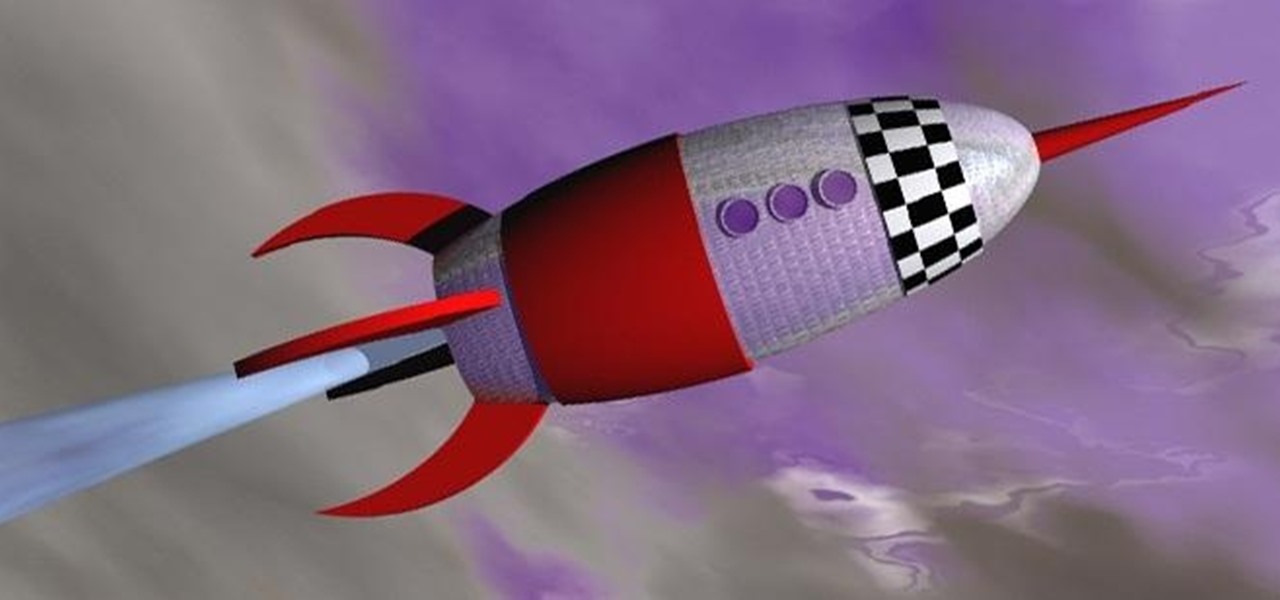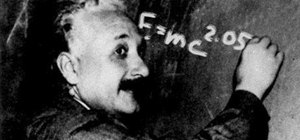According to special relativity, if a twin leaves earth in a high-speed rocket, goes out into space, and then returns to earth, he will return younger than his twin who stays home.
This is because, according in Einstein, the slowest way to get from a particular point now to that same point then is to sit still. This is all fine and good as a thought experiment, but what evidence do we have that fast moving clocks actually do slow down?
Muons are heavy electrons that decay with a half-life of around 2 microseconds. Muons are created 10 to 60 kilometers above the earth when cosmic rays smash into other particles in our upper atmosphere. Even traveling at the speed of light (they cannot go any faster), it would take a muon at least 17 half lives to reach earth. This means there would be less than a one in 128,000 chance that a muon would make it to the earth without having first decayed.
However, by measuring muon flux at various elevations, scientists have determined that most muons survive a 10-kilometer journey, thus confirming Einstein's prediction that fast moving clocks do indeed run more slowly.
So, if you want to outlive your twin, get a rocketship.
Just updated your iPhone? You'll find new emoji, enhanced security, podcast transcripts, Apple Cash virtual numbers, and other useful features. There are even new additions hidden within Safari. Find out what's new and changed on your iPhone with the iOS 17.4 update.



































Be the First to Comment
Share Your Thoughts